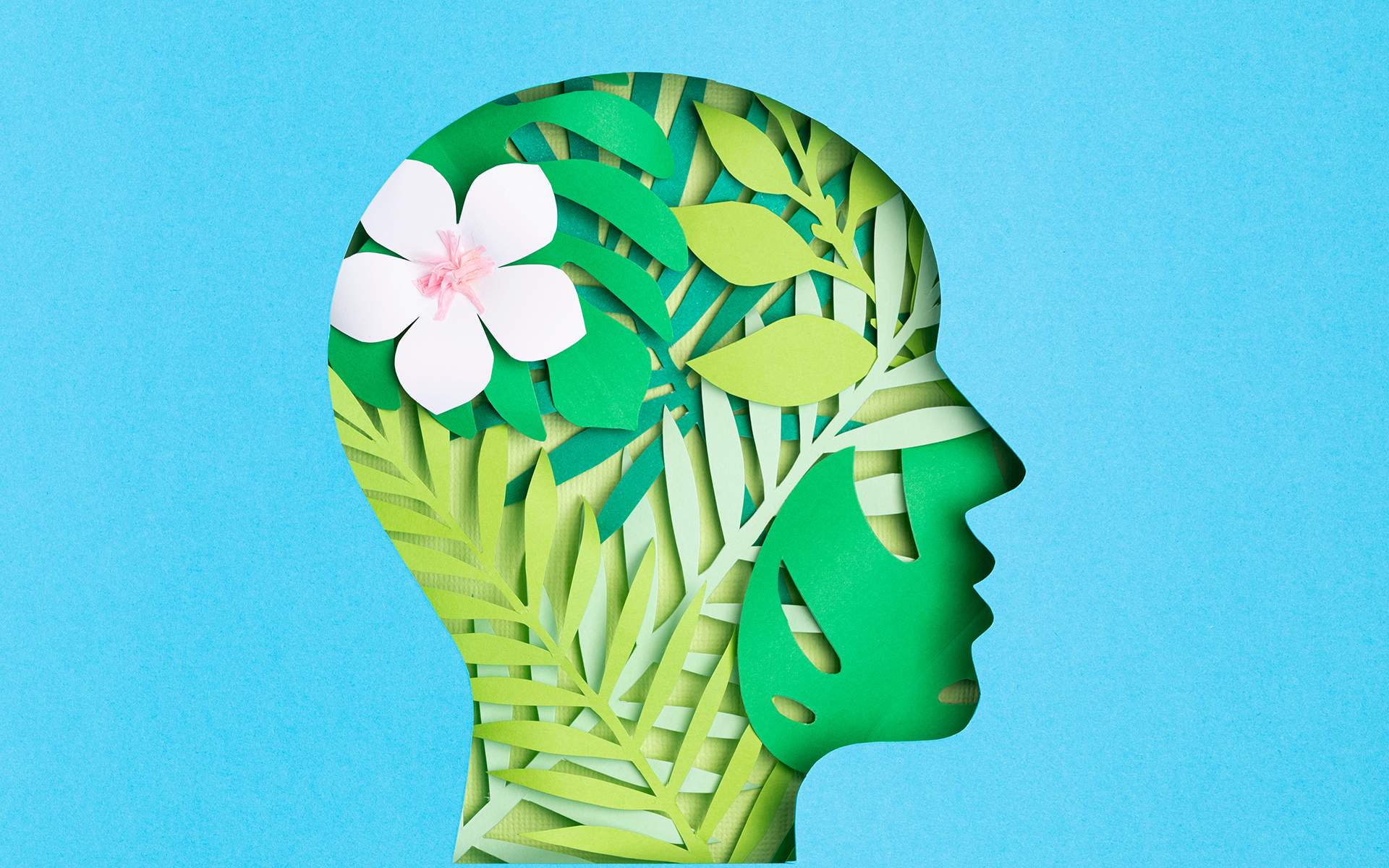People who practice mindfulness say it fundamentally changes how they experience life. For the past 40+ years, researchers have been attempting to explain this in biological terms. Studies reveal that mindfulness may reduce anxiety and depression, boost your immune system, help you manage pain, allow you to unhook from unhealthy habits and addictions, soothe insomnia, reduce high blood pressure, and even change the structure and function of your brain in positive ways
The most respected scientists who study the effects of mindfulness practices emphasize that the research is in its infancy compared to many other fields. It will take years and decades before there is enough peer-reviewed study with active controls and long time frames to establish firm evidence of benefits. That said, the field is emerging and the research looks promising.
Treatment for Mental Health is Enhanced by Meditation Training
Researchers in a wide array of mental health situations have found that adding mindfulness as a fundamental part of their treatment strategies has proven to be essential in treating conditions such as obsessive-compulsive disorder, borderline personality disorder, and drug addiction, and is also helpful in the prevention of chronically relapsing depression. A study by Norman Farb and colleagues in Toronto offered insight into some of the core mechanisms that may make mindfulness a useful part of treating a wide range of mental disorders. After an eight-week Mindfulness-Based Stress Reduction (MBSR) program, subjects were able to alter their brain function in a way that confirmed they could distinguish the “narrative chatter” of their baseline states from the ongoing sensory flow of here-and-now experience. This ability to develop discernment—to differentiate our unique streams of awareness—may be a crucial step for disentangling our minds from ruminative thoughts, repetitive destructive emotions, and impulsive and addictive behaviors.
Anxiety and Depression May Decrease After Meditation Training
Stress-related health problems like anxiety and depression might also be treatable with meditation according to a meta-analysis of 47 studies. Researchers found that going through mindfulness meditation programs (including MBSR, Mindfulness-Based Cognitive Therapy, and other mindfulness meditations) effectively reduces the negative components of psychological stress, with effects comparable to what would be expected from the use of an antidepressant. And a review of nine clinical trials published in JAMA Psychiatry found that when comparing routine treatments for depression, including antidepressants, MBCT reduced rates of relapse for up to 60 weeks. Willem Kuyken and colleagues found MBCT was particularly effective for patients with high levels of depressive symptoms to begin with. Further, this reduction in relapse risk was observed regardless of sex, age, education, or relationship status.
5 Guided Meditations to Support Mental Health Awareness Month
1) Overcome Feelings of Isolation
A 20-Minute Connection Practice
When we’re in a rough patch, it’s easy to feel as though we’re going through it alone. But the truth is as human beings, we’re all connected, and in those moments when we feel isolated, we can draw on the strengths of one another to keep moving forward. This meditation from Bob Stahl can help you develop a deeper sense of connection—both to the present moment and to those around you.
2) Rest in the Flow
A Guided Meditation for Resting in the Flow
One of the many joys of being human is that we are dynamic and multifaceted. However, the impact of this is that we often have a front-row seat to a wide range of issues, which can cause a loss of perspective. Issues seem bigger than they are, and we grip them more tightly. This meditative practice allows us to experience the joy of losing control. When we let go, we can give ourselves a break and have a moment to catch our breath.
3) Observe Thoughts Nonjudgmentally
A Guided Meditation on Observing Thoughts
It’s easy to fixate on one thought, to ruminate on whatever might be causing us stress in the hope that it might solve the problem. This practice allows us to harness the skills to approach those thoughts and let them go without getting sucked into them. It will enable us to visualize our beliefs as a steady stream, relinquish control over these thoughts, and free us to live our life.
4) Connect with Loving-Kindness
A 10-Minute Meditation to Connect With Loving-Kindness
When we realize how connected we all truly are, we can start to see how one small act of kindness can ripple throughout our community. Acting from a place of loving-kindness can help us amplify the good in each other. This loving-kindness meditation from Sharon Salzberg can help us move through the world with compassion, look beyond our differences, and treat everyone with compassion—even those we don’t necessarily agree with.
5) Lead with Gratitude
A Guided Meditation to Lead with Gratitude
Creating an environment where everyone feels heard and appreciated is part of the bedrock on which community can be built. Not only is community an essential factor in our mental well- being, it also allows us to be a source of support for each other. Feeling and expressing gratitude, says Shalini Bahl-Milne, is one of the ways we can foster community. This gratitude practice can help you cultivate a newfound sense of appreciation for those around you, so that you can act from a place of love.






